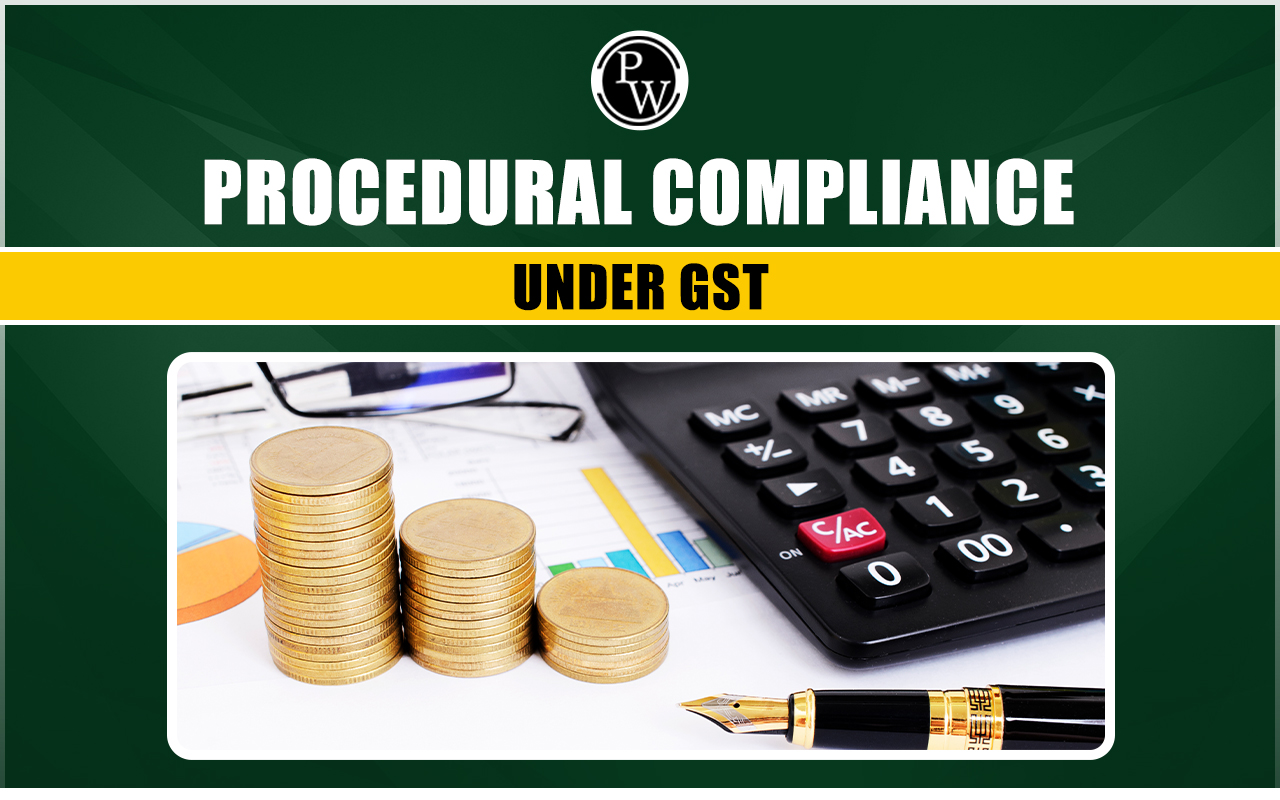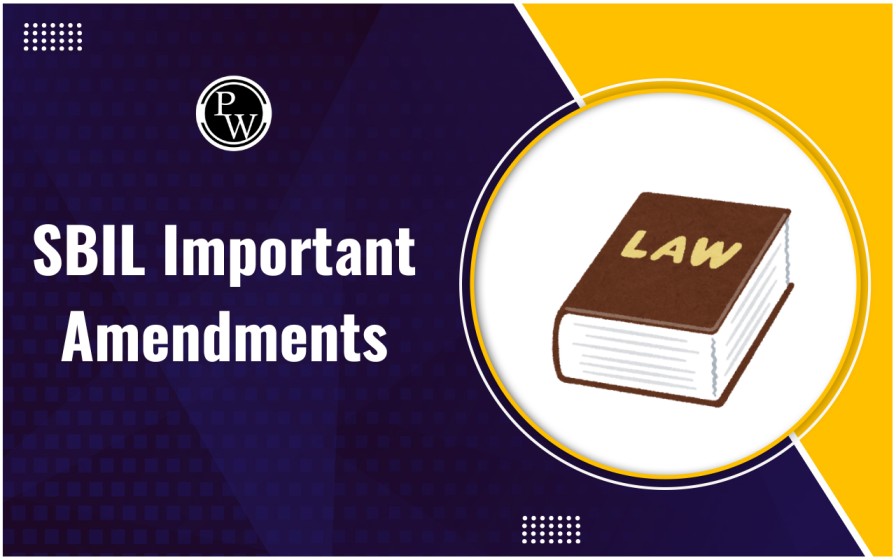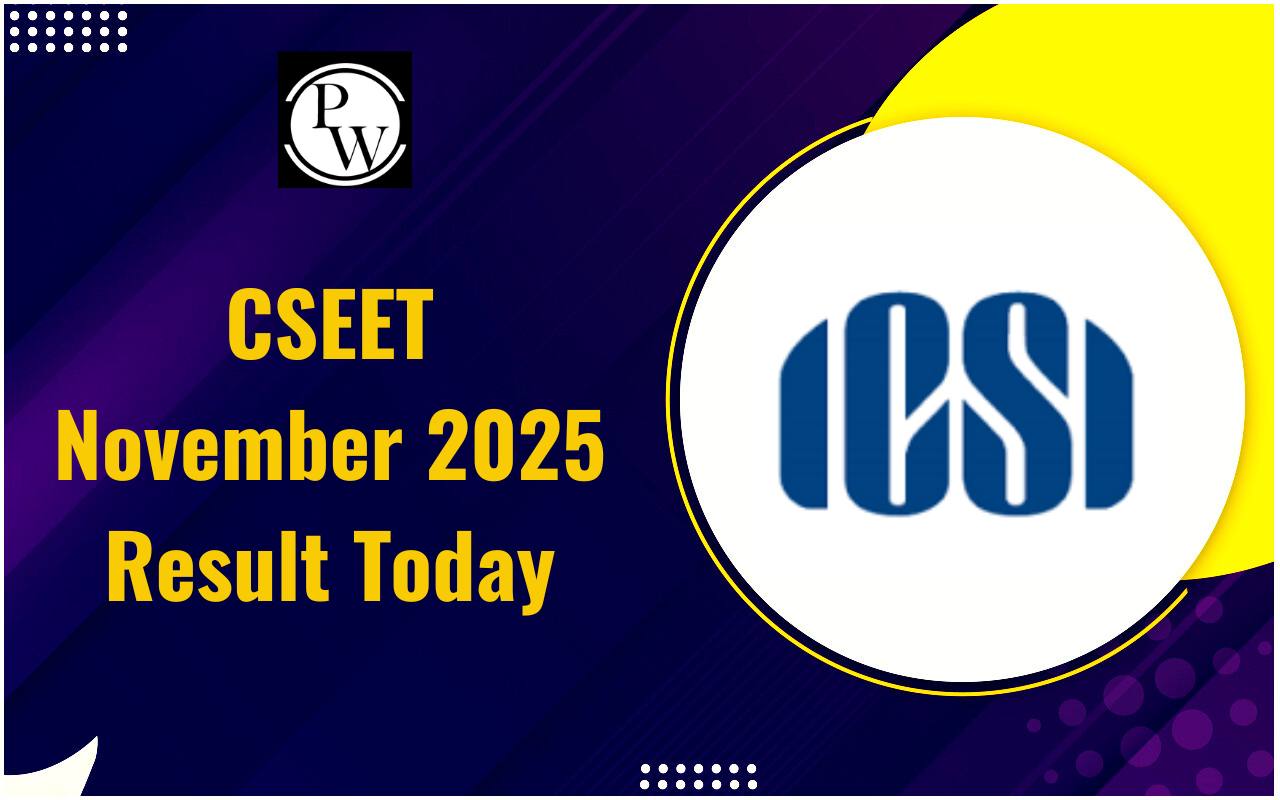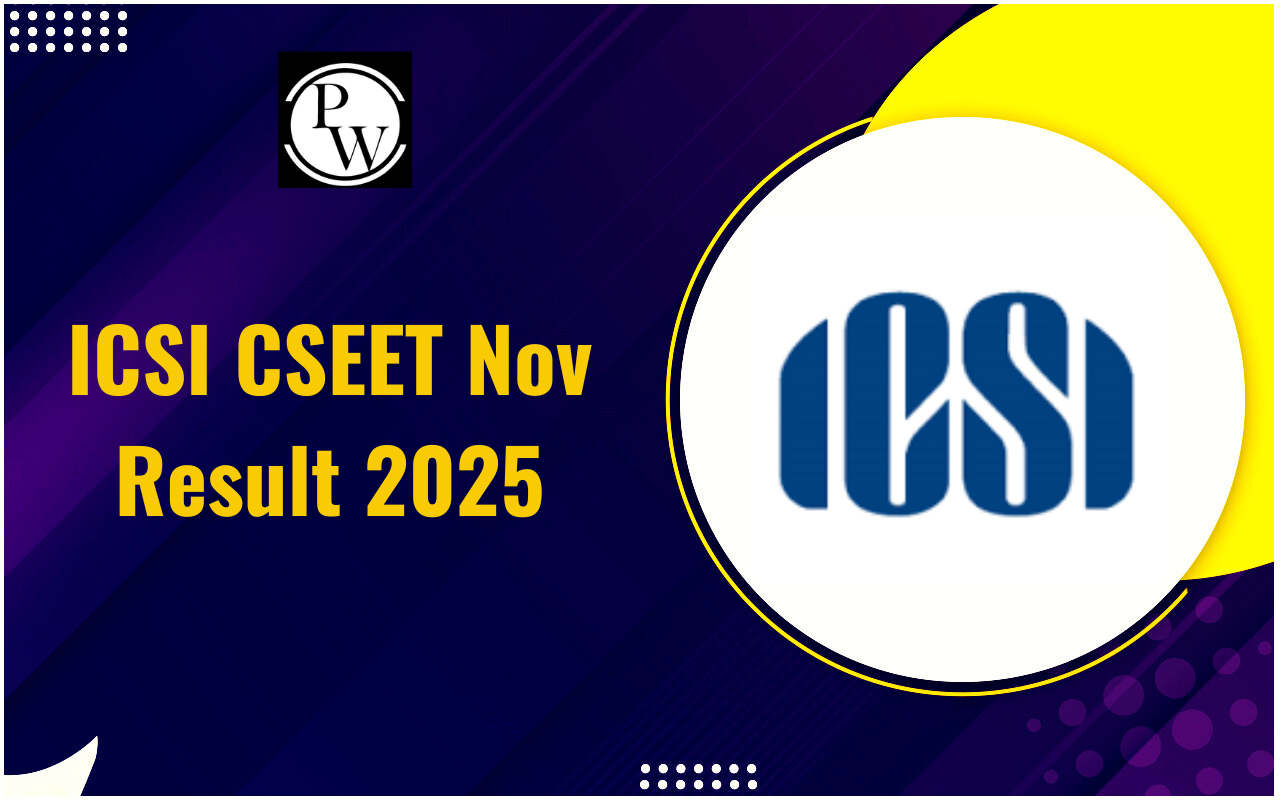

Procedural Compliance Under GST: Goods and Services Tax (GST) is a comprehensive indirect tax that has subsumed multiple indirect taxes levied by India's central and state governments. It aims to create a single, unified market and facilitate seamless inter-state transactions of goods and services.
However, complying with GST regulations involves understanding various procedural requirements, including registration, invoicing, return filing, audits, assessments, demand and recovery, and advance rulings. This article provides a detailed guide to procedural compliance under GST, helping businesses navigate the complexities and ensure timely and accurate compliance.Stepwise Procedural Compliance Under GST in India
Here, we provide a stepwise guide to GST compliance procedures to help businesses navigate the complexities and ensure timely and accurate compliance.GST Registration
GST registration is mandatory for businesses whose turnover exceeds Rs. 40 lakh (Rs. 10 lakh for northeastern and hill states). Certain businesses, such as those involved in e-commerce, casual taxable persons, non-resident taxable persons, and agents of suppliers, must register irrespective of their turnover. The registration process involves submitting an online application with necessary documents, including PAN, proof of business, and bank details. Once registered, businesses receive a unique GST Identification Number (GSTIN). Failure to register for GST when required can result in penalties. Genuine errors may attract a penalty of 10% of the tax amount, subject to a minimum of Rs. 10,000, while deliberate tax evasion can lead to a penalty of 100%.GST Invoicing
Under the GST regime, issuing invoices or bills of supply for every transaction is mandatory. An invoice must include the supplier’s and recipient’s GSTIN, description of goods or services, quantity, value, and tax amount. For goods, invoices should be issued on or before the date of removal or delivery, whereas for services, they should be issued within 30 days of supply. There are different types of invoices depending on the nature of the transaction. For example, a payment voucher and tax invoice are required for transactions with unregistered persons. Suppliers can issue credit or debit notes to rectify the errors when the invoice value or tax is incorrect.GST Return Filing
Filing GST returns is crucial for maintaining compliance. Various returns need to be filed periodically:- GSTR-1: Details of outward supplies, filed monthly by the 11th of the next month.
- GSTR-3B : Summary return for declaring the summary of sales and input tax credit, filed monthly by the 20th of the next month.
- GSTR-4: Quarterly return for composition scheme taxpayers.
- GSTR-6: Monthly return for Input Service Distributors.
- GSTR-9: Annual return for regular taxpayers.
- GSTR-9A: Annual return for composition scheme taxpayers.
E-Way Bill
An e-way bill is required to move goods worth Rs. 50,000 or more. It is generated electronically on the e-way bill portal and is mandatory for registered and unregistered persons transporting goods. Specific conditions, such as inter-state movement of goods or transport of handicraft goods, necessitate the generation of an e-way bill.Audits and Assessments
Audits under GST verify the accuracy of records maintained by registered dealers and ensure compliance with GST regulations. Audits can be conducted by the taxpayer (self-audit) or tax authorities (general and special audits). From FY 2020-21 onwards, the mandatory GST audit requirement was replaced with self-certification of GSTR-9C. Assessments determine the tax liability and include several types:- Self-Assessment: Taxpayers assess and pay taxes based on their returns.
- Provisional Assessment: Used when there is difficulty in determining the value or rate of tax.
- Scrutiny Assessment: Conducted by tax officers to verify the correctness of returns.
- Summary Assessment: Conducted when there is a belief that delay in tax liability declaration may harm revenue interests.
- Best Judgment Assessment: Conducted for non-filers or unregistered persons based on available information.
Demand and Recovery
Demand and recovery procedures address discrepancies in tax payments. Situations triggering demand notices include unpaid or short-paid taxes, incorrect refunds, and incorrect tax payments. If a demand notice is issued, taxpayers must clear the outstanding amount within the stipulated period to avoid further recovery actions, such as asset attachment or bank account garnishment.Advance Rulings
Advance rulings provide clarity on GST matters before engaging in transactions. Businesses can seek advance rulings on issues like the classification of goods or services, applicability of GST notifications, eligibility for input tax credit, tax liability, and eligibility for GST registration. This helps in reducing uncertainties and avoiding potential disputes with tax authorities.Importance of Procedural Compliance Under GST in India
Procedural compliance under GST ensures transparency, reduces disputes and promotes efficient tax administration. Regular compliance helps businesses avoid penalties, safeguard their reputation, and maintain smooth operations. It also fosters a business environment conducive to growth and competitiveness. Understanding and adhering to procedural compliance under GST is essential for businesses operating in India. Companies can remain compliant with GST regulations by following the outlined procedures for registration, invoicing, return filing, e-way bill generation, audits, assessments, demand and recovery, and advance rulings. This helps avoid penalties and legal issues and contributes to a more transparent and efficient tax system. Businesses should seek professional advice and stay updated with changes in GST laws to navigate the complexities effectively. Regular training and workshops on GST compliance can also help businesses stay informed and compliant.Procedural Compliance Under GST in India FAQs
What is GST compliance?
GST compliance involves adhering to regulations for GST registration, invoicing, return filing, and maintaining accurate records to avoid penalties.
How often must GST returns be filed?
GST returns must be filed monthly, quarterly, or annually, depending on the type and turnover of the business.
What is the importance of maintaining GST-compliant records?
Maintaining GST-compliant records ensures accuracy in tax reporting, helps claim input tax credits, and avoids penalties for non-compliance.
What are the penalties for incorrect GST refund claims?
Incorrect GST refund claims can lead to penalties equivalent to the incorrect refund amount, along with interest and potential prosecution in cases of fraudulent claims.
🔥 Trending Blogs
Talk to a counsellorHave doubts? Our support team will be happy to assist you!

Check out these Related Articles
Free Learning Resources
PW Books
Notes (Class 10-12)
PW Study Materials
Notes (Class 6-9)
Ncert Solutions
Govt Exams
Class 6th to 12th Online Courses
Govt Job Exams Courses
UPSC Coaching
Defence Exam Coaching
Gate Exam Coaching
Other Exams
Know about Physics Wallah
Physics Wallah is an Indian edtech platform that provides accessible & comprehensive learning experiences to students from Class 6th to postgraduate level. We also provide extensive NCERT solutions, sample paper, NEET, JEE Mains, BITSAT previous year papers & more such resources to students. Physics Wallah also caters to over 3.5 million registered students and over 78 lakh+ Youtube subscribers with 4.8 rating on its app.
We Stand Out because
We provide students with intensive courses with India’s qualified & experienced faculties & mentors. PW strives to make the learning experience comprehensive and accessible for students of all sections of society. We believe in empowering every single student who couldn't dream of a good career in engineering and medical field earlier.
Our Key Focus Areas
Physics Wallah's main focus is to make the learning experience as economical as possible for all students. With our affordable courses like Lakshya, Udaan and Arjuna and many others, we have been able to provide a platform for lakhs of aspirants. From providing Chemistry, Maths, Physics formula to giving e-books of eminent authors like RD Sharma, RS Aggarwal and Lakhmir Singh, PW focuses on every single student's need for preparation.
What Makes Us Different
Physics Wallah strives to develop a comprehensive pedagogical structure for students, where they get a state-of-the-art learning experience with study material and resources. Apart from catering students preparing for JEE Mains and NEET, PW also provides study material for each state board like Uttar Pradesh, Bihar, and others
Copyright © 2025 Physicswallah Limited All rights reserved.
Get App











